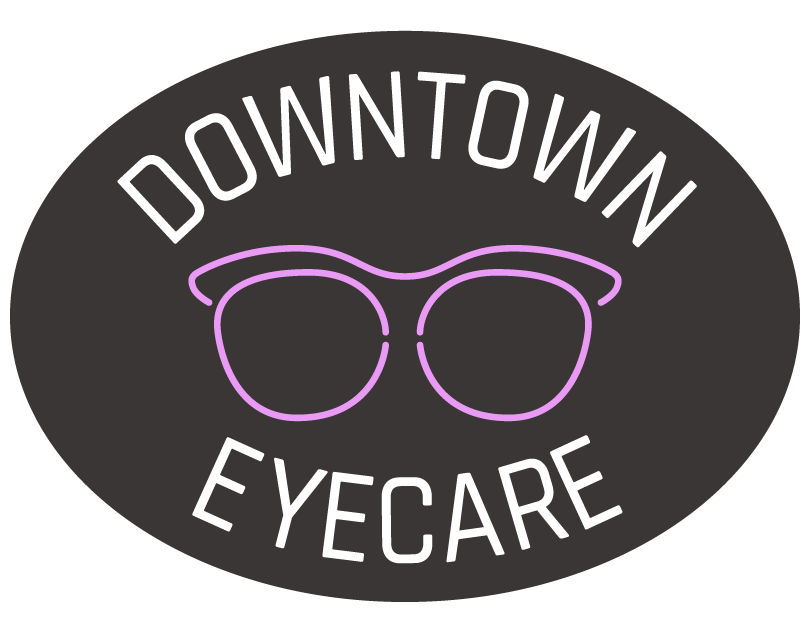Diabetic Retinopathy Screening and Management
You can have diabetic retinopathy and not know it. This is because it often has no symptoms in the early stages. As it gets worse you may notice symptoms such as:
What are Diabetic Retinopathy Symptoms?
- increased numbers of "floaters"
- having blurry vision
- having vision that sometimes changes from blurry to clear
- seeing blank or dark areas in your field of vision
- having poor night vision
- noticing colors appear faded or washed out
- losing vision
Normal retina
Diabetic retinopathy
How is Diabetic Retinopathy Diagnosed?
Drops will be instilled into your eyes to dilate your pupils, which will facilitate the examination of your retina. The doctor will then use a series of special lenses to look for diabetic changes in your retina.
The doctor may recommend that photographs be taken to show you how the diabetes is affecting your retina. A special test called an OCT (optical coherence tomography) may be recommended to measure any fluid accumulation in your retina from abnormally leaky blood vessels.
Normal retina
Diabetic retina
How is Diabetic Retinopathy Treated?
Medical control. Managing your blood sugar helps prevent vision loss. In some cases, better blood sugar control may lead to some restoration of vision.
In more severe cases, Dr. Dessner may recommend injections of an Anti-VEGF agent or laser photocoagulation, to reduce macular swelling and inhibit neovascular tissue growth. Both modalities help preserve, and in some cases improve visual deterioration from diabetic retinopathy.


